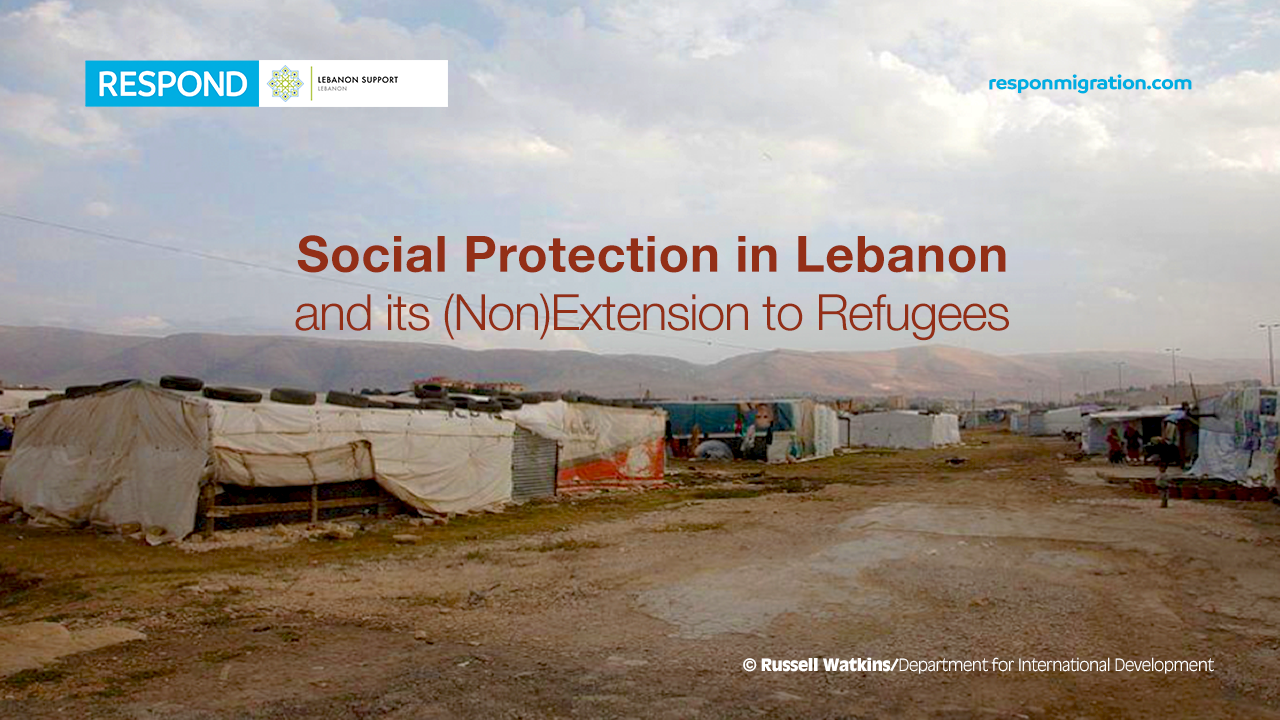by Karen Rahme | Lebanon Support
Lebanon’s nation-wide lockdown meant to protect residents, and mitigate the spread of COVID-19, has disproportionately affected the socio-economic conditions of vulnerable populations. The global health crisis has notably compounded the detrimental results of a collapsing economy. For Syrian refugees, already struggling in terms of freedom of movement (or lack thereof), all the while living under the extreme poverty line, home confinement has only worsened livelihoods and living conditions, and further constrained already restricted access to public services.
Read More







